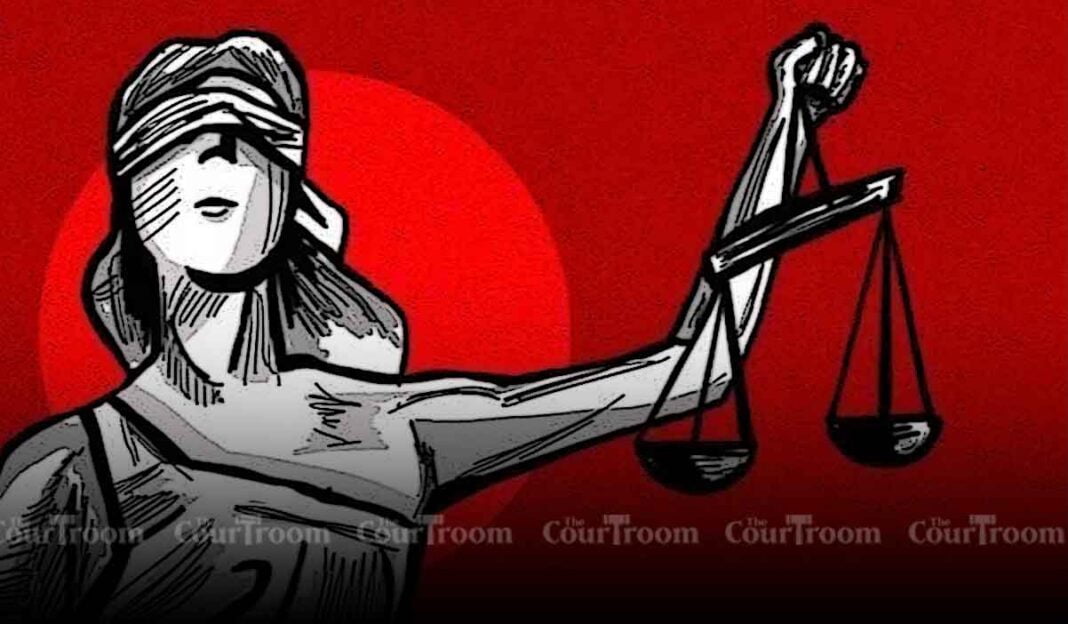The Calcutta High Court has ruled that no lawyer can be compelled to participate in a strike called by the West Bengal Bar Council against the implementation of three new criminal laws scheduled for July 1.
Justice Shampa Sarkar emphasized that the Bar Council’s decision to observe July 1 as a ‘Black Day’ should be viewed as a request rather than a mandate.
Legal Clarifications and Observations
Justice Sarkar clarified that under the law, no individual can be forced to observe a strike or cease working. Lawyers, in their role as public servants to litigants, have the right to continue their judicial duties without coercion. The Court underscored that advocates willing to represent clients across West Bengal and the Andaman & Nicobar Islands should not face any repercussions for choosing not to participate in the proposed strike.
The three new criminal laws—Bharatiya Nyaya Sanhita (BNS), Bharatiya Nagarik Suraksha Sanhita (BNSS), and Bharatiya Sakshya Adhiniyam (BSA)—are slated to replace India’s existing colonial-era criminal laws, including the Indian Penal Code (IPC), Code of Criminal Procedure (CrPC), and Indian Evidence Act. The impending implementation has sparked debates over parliamentary procedures, potential impacts on ongoing criminal cases, logistical challenges, and the nomenclature of these new statutes.
Bar Council’s Protest and Court’s Response
The State Bar Council of West Bengal’s decision to declare July 1 as a ‘Black Day’ and call for protests was met with legal challenges, prompting the High Court to intervene. While allowing the Bar Council time to respond to petitions challenging its authority to enforce the strike, the Court cautioned against any punitive actions towards lawyers opting to work on July 1. It stressed that requests for protest rallies should not be coercive or construed as mandatory directives.
The Calcutta High Court’s stance highlights the balance between legal advocacy and civic protest, affirming the rights of lawyers to exercise their professional duties freely. As legal proceedings continue, the judiciary’s role in safeguarding individual freedoms and upholding the rule of law remains pivotal amidst evolving socio-political dynamics in West Bengal and beyond.


